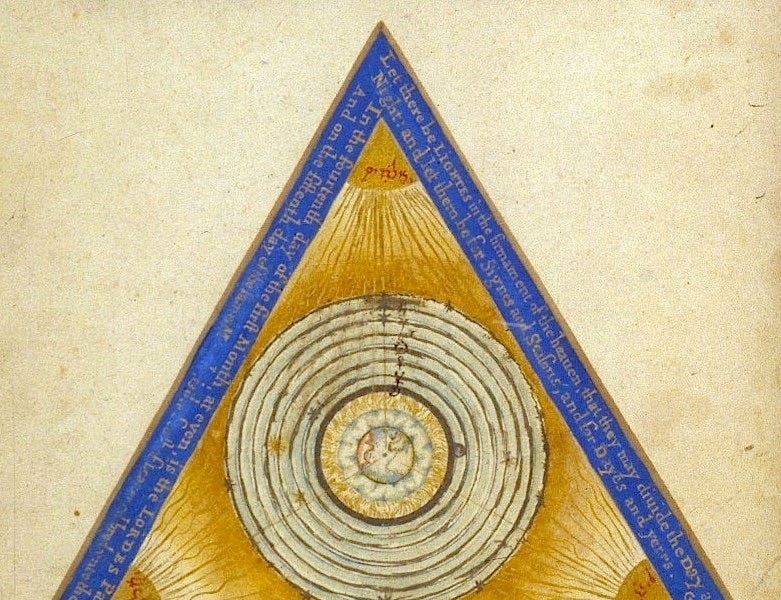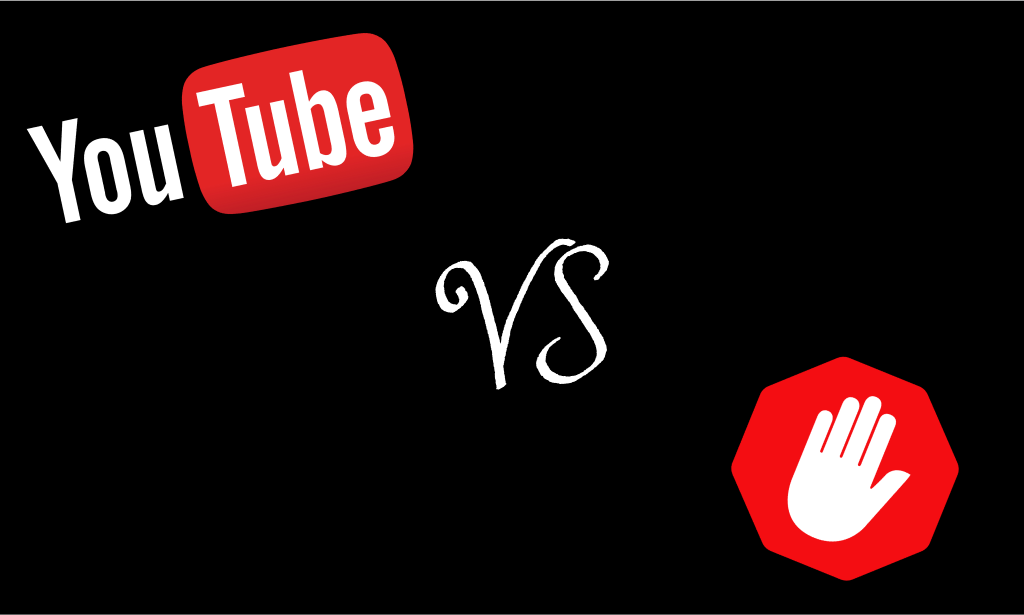
Effects of Saffron Extract Supplementation on Mood, Well-Being, and Response to a Psychosocial Stressor in Healthy Adults: A Randomized, Double-Blind, Parallel Group, Clinical Trial
4Faculty of Medicine and Health Sciences, Biomedical Research Centre, Norwich Medical School, University of East Anglia, Norwich, United Kingdom
Anxiety, stress, and low mood are closely related and may contribute to depressive symptoms. Among non-pharmacological solutions to improve subclinical mood symptoms and resilience to stress, natural products such as saffron—identified as promising following preliminary beneficial effects in major depressive disorder—represent a relevant strategy. This study aimed to assess the efficacy of 8 weeks' supplementation with 30 mg standardized saffron extract on emotional well-being in healthy adults with subclinical feelings of low mood and anxiety and/or stress and evaluate the acute effect of saffron in response to a lab-based psychosocial stressor. The study adopted a double-blind, randomized, parallel groups design in which 56 healthy male and female individuals (18–54 years) received either a saffron extract or a placebo for 8 weeks. Chronic effects of saffron on subjective anxiety, stress, and depressive feelings were assessed using a questionnaire battery [including Profile of Mood State-2, (POMS)] and acute effects in response to a lab-based psychosocial stressor were measured through psychological and physiological parameters. Urinary crocetin levels were quantified. Participants who received the saffron extract reported reduced depression scores and improved social relationships at the end of the study. Urinary crocetin levels increased significantly with saffron supplementation and were correlated with change in depression scores. The typical stress-induced decrease in heart rate variability (HRV) during exposure to the stressor was attenuated following acute saffron intake. Saffron extract appears to improve subclinical depressive symptoms in healthy individuals and may contribute to increased resilience against the development of stress-related psychiatric disorders.
Depression is one of the most prevalent psychiatric disorder and has been estimated to affect over 300 million people worldwide, representing about 4.4% of the world's total population (1). Actual figures are likely to be higher as this rate only includes diagnosed cases with subclinical levels of mood disorders being also highly prevalent (2). Pharmacological treatments exist, but a number of articles have emphasized the inability of antidepressant medication to consistently demonstrate superiority to placebo, in patients with mild or moderate symptoms (3). Side effects of such treatments, including nausea and drowsiness, are also common, especially at medium to high doses in the case of selective serotonin reuptake inhibitors (SSRIs) (4). Alternative treatments, such as natural products or exercise for combating mood disorders, are therefore being explored (5).
Leave a Comment
Related Posts
Blood clots in people with severe Covid-19 may be related to abnormal antibody response – University of Reading
Comment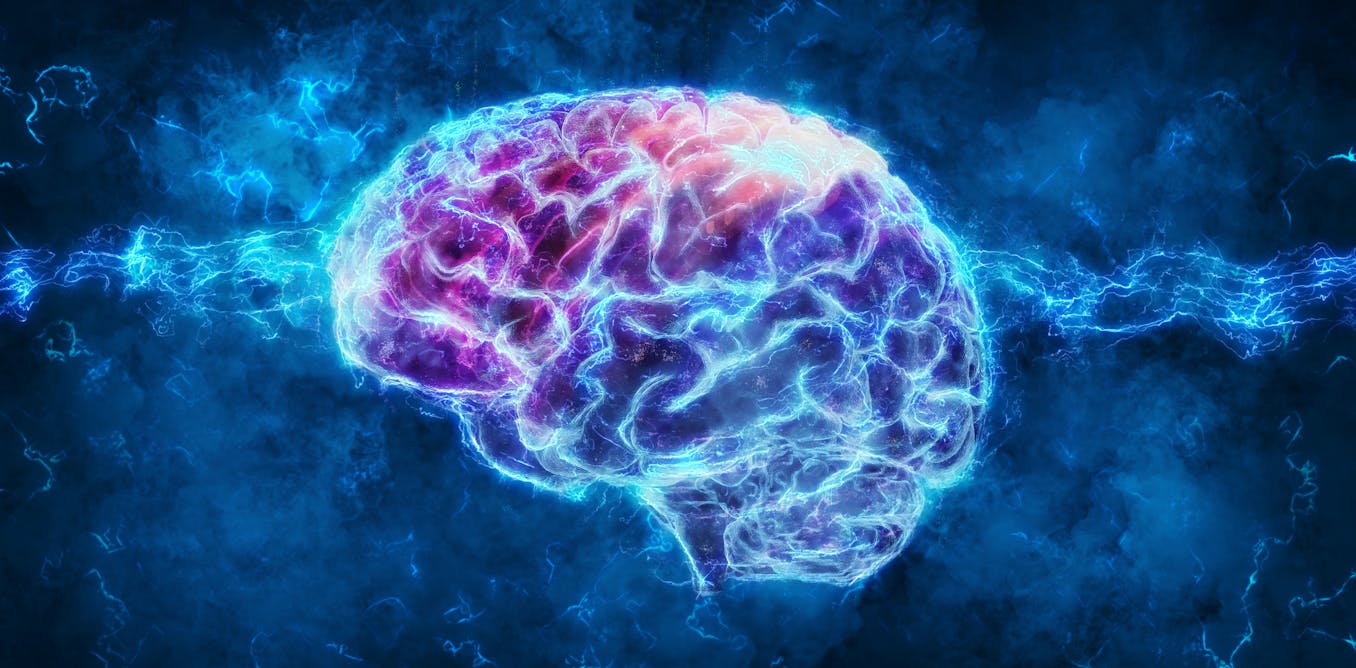
It’s still not fully understood how placebos work – but an alternative theory of consciousness could hold some clues
Comment






/https%3A%2F%2Ftf-cmsv2-smithsonianmag-media.s3.amazonaws.com%2Ffiler_public%2F6f%2F64%2F6f64a534-be29-44a3-a883-0c19b5e99984%2Fab1_-_branched_bamboo_coral_3689_7-25-09_jsl_0589.jpg)


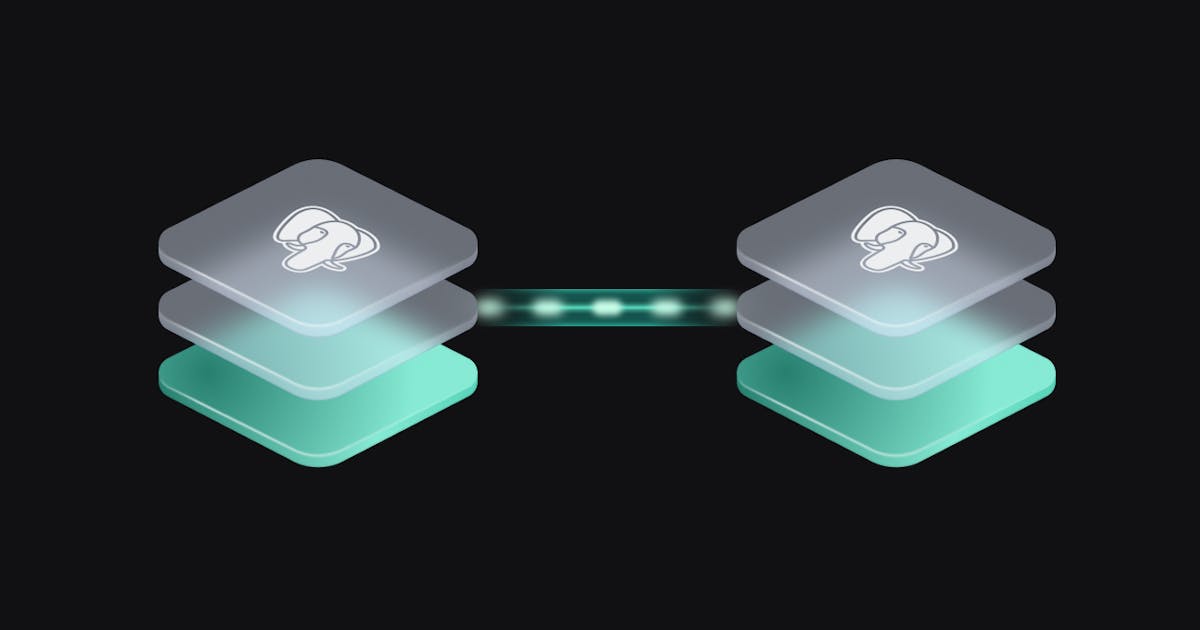
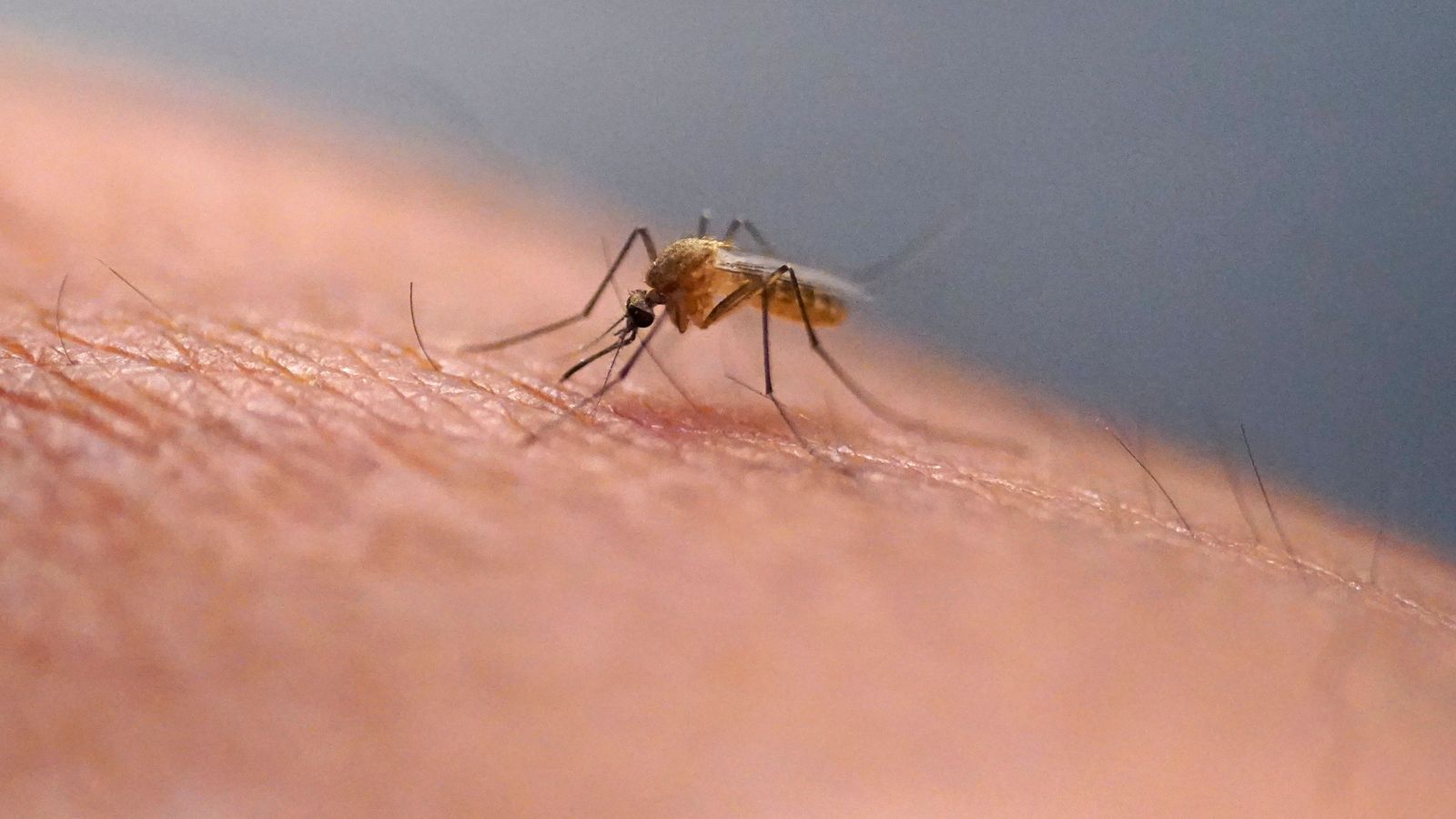




/cdn.vox-cdn.com/uploads/chorus_asset/file/25416391/STK473_NET_NEUTRALITY_CVIRGINIA_C.jpg)
